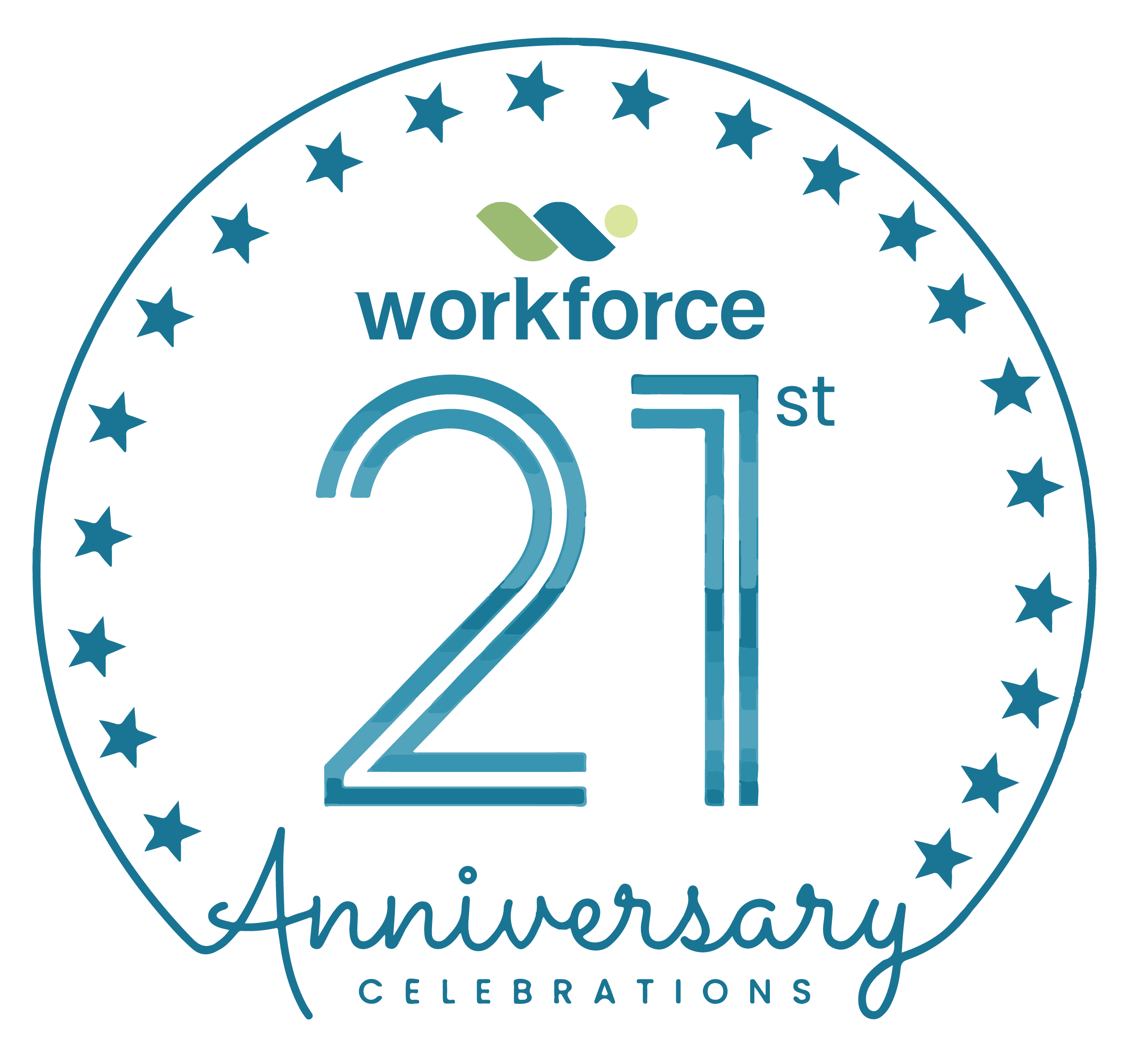A Corporate leadership development programme is no longer a nice-to-have for large organisations. It has become one of the most reliable ways to prepare senior talent for the difficult step into the CEO seat. Running a company in Nigeria, or anywhere else, now demands more than operational efficiency. It calls for leaders who can make tough decisions in volatile markets, carry teams through uncertainty, and spot opportunities before competitors do. That kind of capability doesn’t appear overnight. It is cultivated, and a structured programme is one of the most effective ways to make it happen.

Why preparing CEOs requires more than experience
Many organisations assume that years of technical experience will automatically prepare a manager to run an enterprise. Often, that assumption fails. A strong executive may be excellent at running a division, yet struggle when asked to make choices that shape the future of an entire company. The leap is wide.
This is where an executive leadership development programme makes a difference. It helps senior leaders practise the skills they will need at the very top: weighing risk against opportunity, thinking long term while managing immediate challenges, and learning to inspire trust across stakeholders. By placing leaders in controlled but challenging learning environments, companies give them a chance to develop judgement before the real test arrives.
The building blocks of an effective programme
What actually makes a Corporate leadership development programme effective? Based on global practice and lessons from Nigerian organisations, a few ingredients stand out:
-
Strategic exposure: Future CEOs need to understand finance, regulation, technology, and culture, not just the area they grew up in.
-
Decision simulations: Practice in making high-stakes choices when information is incomplete.
-
People leadership: Guidance on how to motivate, coach, and retain diverse teams.
-
Ethics and governance: Reinforcing the responsibility to lead with integrity in environments where trust can be fragile.
A programme with these elements helps leaders shift their perspective from functional management to enterprise-wide responsibility.
The importance of a leadership development programme framework
For many HR and learning directors, the challenge is not starting a programme but sustaining it. That is why a leadership development programme framework is vital. A framework ensures leadership development is not a set of ad hoc courses but a deliberate system that ties back to business priorities.
A typical framework might begin with a baseline assessment of leadership potential, followed by targeted learning modules, mentoring, and real-world projects. It continues with regular feedback and coaching. By setting up this structure, organisations avoid the common mistake of sending leaders to isolated workshops that feel inspiring in the moment but fade quickly without reinforcement.
Why organisations look for the best
Executives are often sceptical of training initiatives. They want evidence that investments deliver measurable value. This is why companies search for the best leadership development programme rather than simply any available option. The best programmes demonstrate return on investment through higher engagement, stronger succession pipelines, and performance improvements tied to leadership behaviour.
For example, a Nigerian financial services firm that invested in a structured programme reported not only better retention among its high-potential managers but also faster promotion rates into executive positions. These results built internal support for continuing investment.
Starting earlier with leadership programmes for professionals
Preparing future CEOs does not begin at the executive tier. In fact, many organisations find greater success when they build a pipeline by investing in leadership programmes for professionals earlier in their careers. When managers and supervisors experience structured leadership training, they develop resilience, communication skills, and the ability to think beyond their immediate tasks.
This early investment creates a stronger foundation. By the time these individuals reach senior positions, they already carry the habits of reflection, ethical decision-making, and people management. In a Nigerian context, where succession gaps can stall organisations, building this pipeline is particularly critical.
The link between development and future CEOs
When you look at CEOs who thrive, a pattern often emerges. They are not just technically strong. They have the ability to frame problems in new ways, to bring people along with them, and to stay calm when uncertainty peaks. A Corporate leadership development programme helps cultivate these qualities. It doesn’t guarantee that every participant will become a CEO, but it significantly improves the odds that those who do are ready.
Future CEOs shaped through structured development are more likely to:
-
Think beyond short-term profit and focus on sustainable growth.
-
Build inclusive cultures that retain top talent.
-
Anticipate regulatory, social, and technological shifts before they disrupt business.
-
Lead with accountability in environments where governance matters.
Conclusion
The path to becoming a CEO is demanding, and relying solely on experience is rarely enough. A Corporate leadership development programme provides the structure and exposure leaders need to grow into the role with confidence. Organisations that commit to this kind of long-term investment do more than fill succession pipelines. They build a culture of leadership that strengthens resilience and prepares the business for what lies ahead.
At Workforce Learning, we design corporate and executive leadership programmes that combine global best practice with Nigeria’s business realities. Partner with us to build the leaders who will shape tomorrow.
You can send us an email at hello@workforcegroup.com or schedule a free consultation now to explore how we can support your organisation. And for ongoing insights, follow us on LinkedIn.

